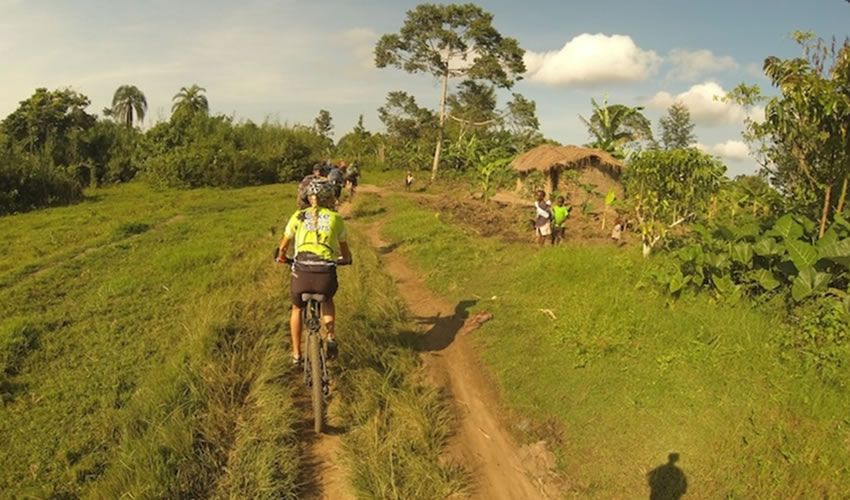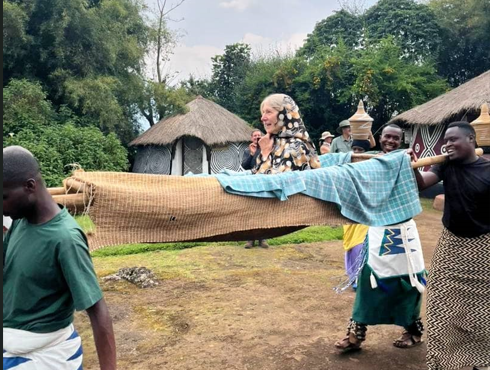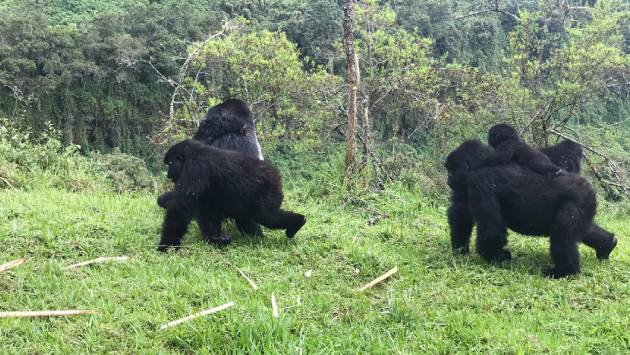Rwanda is a country of hills and rivers, making it a hidden gem for waterfalls.…

Planning a cycling safari in Rwanda
Planning a cycling safari in Rwanda is a thrilling endeavor that promises a unique blend of adventure, cultural immersion, and breathtaking landscapes. This East African nation, known as the “Land of a Thousand Hills,” offers an ideal terrain for cyclists seeking both challenge and reward. From the vibrant cityscapes to the lush greenery of national parks, Rwanda provides an unforgettable backdrop for a cycling expedition.
Before embarking on this adventure, meticulous planning is essential to ensure a seamless and enjoyable experience. The first step involves researching the best time to visit Rwanda, taking into consideration factors such as weather, wildlife migration patterns, and cultural events. The dry season, typically from June to September, is often recommended for cycling safaris as the weather is more favorable and wildlife is easier to spot.
Selecting the right route is paramount to shaping the cycling safari experience. Rwanda boasts a network of well-maintained roads that wind through its picturesque landscapes. One popular route is the Congo Nile Trail, a scenic 227-kilometer trail that follows the shores of Lake Kivu, offering cyclists the opportunity to witness the stunning beauty of the lake while passing through local villages and lush forests. Another noteworthy route is the Akagera National Park circuit, where cyclists can pedal through the savannah, encountering a diverse range of wildlife such as zebras, giraffes, and elephants.
Accommodations play a crucial role in ensuring a comfortable and enjoyable cycling safari. Rwanda offers a variety of options, from luxury lodges to charming guesthouses. Consider staying in eco-friendly accommodations that prioritize sustainability and immerse guests in the local culture. Many lodges and campsites are strategically located along cycling routes, providing a convenient and immersive experience for cyclists.
Safety is a paramount concern when planning a cycling safari, and it is imperative to prioritize well-maintained bicycles, proper safety gear, and experienced guides. Local tour operators often provide guided cycling tours, ensuring that participants receive valuable insights into the culture, history, and wildlife of Rwanda. Additionally, having a support vehicle can be beneficial, especially for longer rides, as it provides assistance in case of emergencies and allows cyclists to enjoy the journey without carrying heavy loads.
Cultural engagement is a significant aspect of a cycling safari in Rwanda. Take the time to interact with local communities, visit markets, and partake in traditional ceremonies. Rwanda’s rich cultural tapestry is reflected in its people, and connecting with locals adds a meaningful layer to the overall experience. Consider joining community-based tourism initiatives, where cyclists can contribute to local development projects and learn about the daily lives of Rwandans.
As part of the planning process, familiarize yourself with Rwanda’s customs and etiquette. Politeness and respect are highly valued in Rwandan culture, and understanding local norms enhances the cultural exchange between cyclists and the communities they encounter. Learning a few basic phrases in Kinyarwanda, the national language, further demonstrates a genuine interest in connecting with the local people.
In conclusion, planning a cycling safari in Rwanda is a captivating venture that requires careful consideration of various elements. From selecting the right time to visit and choosing a suitable route to ensuring safety and cultural engagement, each aspect contributes to the overall success of the adventure. With its stunning landscapes, rich cultural heritage, and diverse wildlife, Rwanda offers cyclists a truly immersive and rewarding experience that goes beyond the thrill of the ride.



